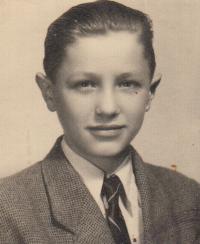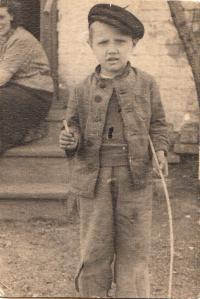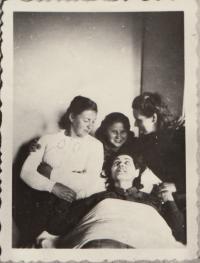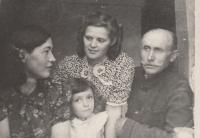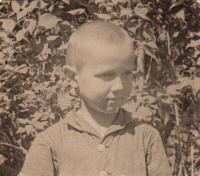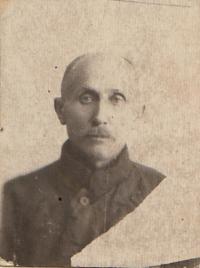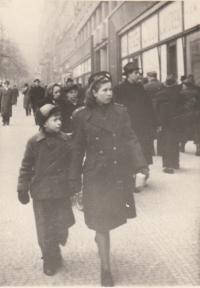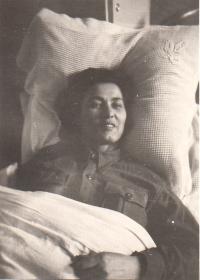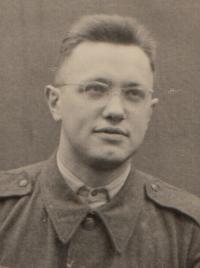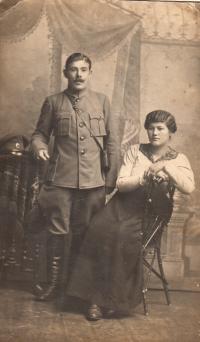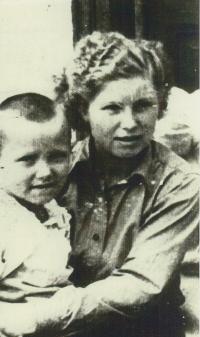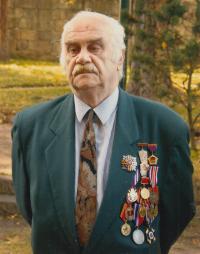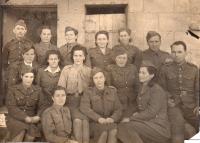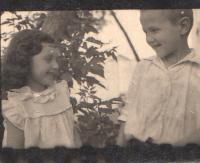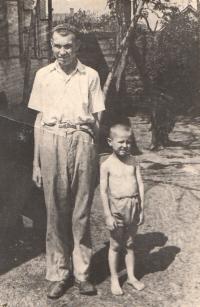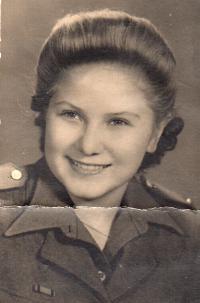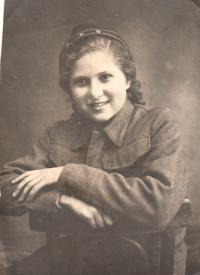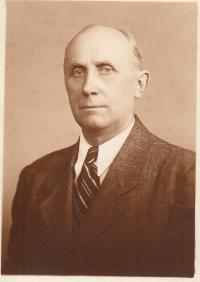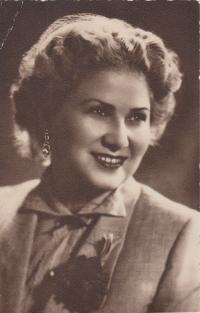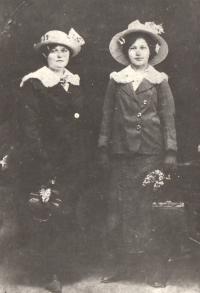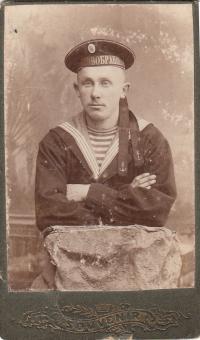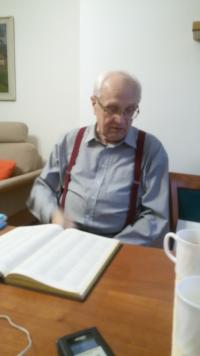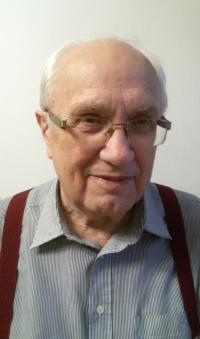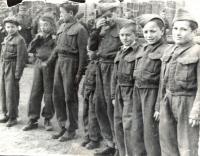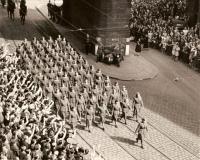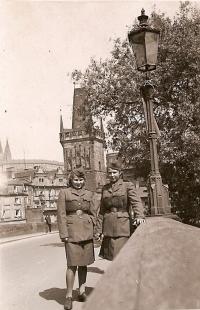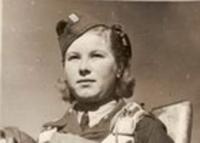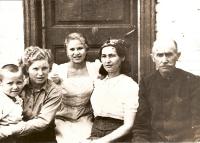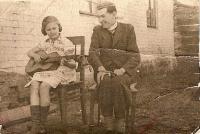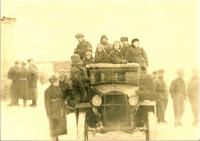Our whole family strove hard, but we fell back into the mess that we had been in before

Download image
Kazimír Morozovič was born January 12, 1937 in the village Rudňa Novenka near the town Shepetivka in Ukraine to Růžena and Lucian Morozovič. His father was Ukrainian and his mother came from Třeboň in southern Bohemia. They lived in Ukraine and they spoke Russian, Ukrainian and Polish at home. Kazimír had two older sisters: Vanda (1925) and Věra (1929) Biněvská. They were born to Kazimír’s mother Růžena Morozovičová during her first marriage, which ended in her husband’s death in 1934. Fearing retaliation from the Stalin’s regime, Lucian Morozovič moved the family to a place near Buzuluk in the Ural Mountains in Russia in 1941, but in spite of this, he was arrested for unknown reasons and sentenced to about fifteen years of imprisonment. Urged by the daughter Vanda, in 1942-1945 the rest of the family joined the 1st Czechoslovak army corps in Buzuluk which fought alongside the Red Army on the eastern front in the USSR. Heliodor Píka subsequently managed to negotiate Lucian Morozovič’s release from prison and he brought him to Buzuluk. Mr. and Mrs. Morozovič were taking care of the commander’s house of general Svoboda in Buzuluk, and later they moved to Yefremov with the replacement battalion. A children’s home for children of the soldiers was part of this battalion. Kazimír describes his war experiences from the perspective of a six-year-old boy. The family settled in Prague after the war. Kazimír’s father was decorated for his activity during the war and he received a trade certificate to operate a tobacconist’s shop, which eventually resulted in his being labelled as an exploiter by the communist regime after 1948. Although his father died in 1951, Kazimír was not allowed to study due to his family’s class origin.
